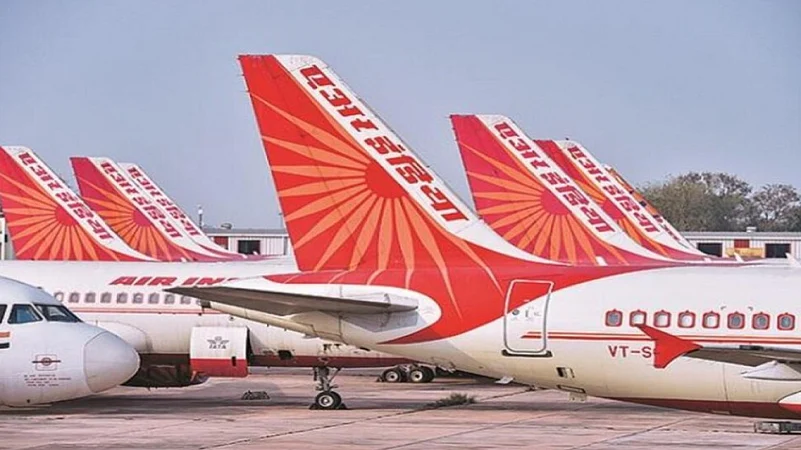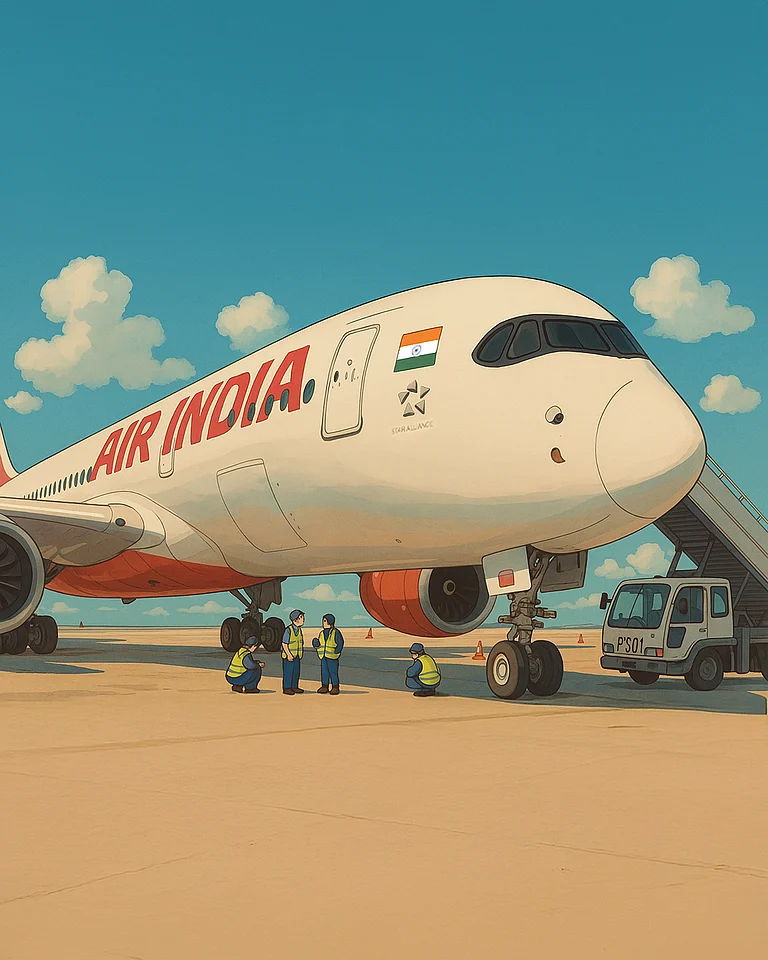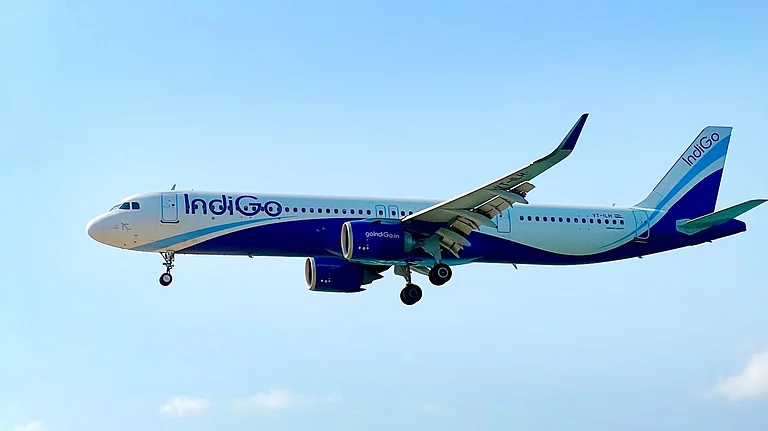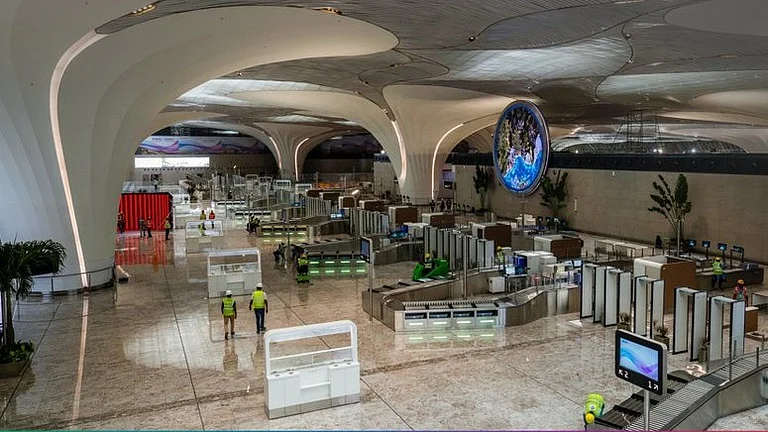Top Indian airlines, including IndiGo and Air India, are working closely with government officials to manage the fallout from Pakistan's decision to shut its airspace to Indian carriers from April 24. According to one analysis, the closure is costing Indian airlines an estimated Rs 77 crore per week.
Pakistan closed its airspace to Indian airlines on April 24, 2025, following a deadly terrorist attack in Jammu and Kashmir’s Pahalgam. The move came in retaliation for India suspending the Indus Waters Treaty, expelling Pakistani diplomats, and banning Pakistani airlines from Indian airspace.
Now, according to a report by The Economic Times (ET), Pakistan’s action is forcing carriers like Air India and IndiGo to reroute dozens of international flights. To reduce the operational disruption, top aviation executives, air traffic controllers, and government officials have been holding urgent meetings to explore alternate routes and reduce congestion in Indian airspace.
The Narendra Modi government is also reportedly considering taking the matter to the International Civil Aviation Organisation (ICAO), arguing that Pakistan’s airspace blockade violates the foundational 1944 Chicago Convention on international civil aviation.
Rerouting Challenges and New Flight Paths
The Indian ministries of Civil Aviation, Defence, and External Affairs are working with airlines to explore alternative northern flight paths that would allow aircraft to bypass Pakistan and Afghanistan entirely, according to ET. One proposed route would take aircraft north from Delhi to Leh, then over the Hindukush mountains into Kyrgyzstan and Tajikistan, before continuing toward Europe or North America.
Air India had briefly used a similar route, known as "Papa 500," in 2021. However, it involved a short overflight through Pakistani airspace—which is no longer an option. New routing would require aircraft to fly further north, potentially entering Chinese airspace, for which diplomatic approval would be necessary.
“Airlines have been asked to assess these new routes, and if viable, the government will seek China’s permission,” a senior government official told ET.
Airspace Congestion, ATC Measures
With more flights now being diverted south—toward Ahmedabad, over the Arabian Sea, and then to destinations like Muscat—India’s western airspace is becoming increasingly congested. Air traffic controllers are adjusting flight paths and separating aircraft by assigning different waypoints. Mumbai ATC has deployed additional staff, and Rajkot Airport has been placed on 24/7 standby for emergency landings.
According to a Notice to Airmen (NOTAM) issued by the Airports Authority of India, pilots departing from cities like Mumbai, Pune, Hyderabad, and Kolkata have been instructed to adopt revised southern routes to prevent bottlenecks.
Rising Costs and Route Disruptions
With over 800 weekly international flights from North India, and more than 6,000 international flights countrywide each month, the airspace restrictions have forced airlines into a costly scramble to adapt.
A PTI report on April 30 estimated that Indian airlines are now incurring an additional Rs 77 crore per week—or over Rs 306 crore per month—due to the longer routes. Flights to North America and Europe are taking up to 1.5 hours longer, increasing fuel consumption and necessitating technical stops.
For example, a 16-hour flight to North America now takes an additional 1.5 hours, adding around Rs 29 lakh in extra operating costs per trip. Flights to Europe face similar delays, with added costs of around Rs 22.5 lakh per trip. Even Middle East-bound flights have been affected, with delays of around 45 minutes costing approximately Rs 5 lakh per flight, according to the agency’s analysis.
IndiGo has confirmed that around 50 of its international routes are affected. It has temporarily suspended flights to destinations like Almaty and Tashkent, as these routes fall outside the operational range of its current aircraft fleet.
Other carriers, such as Air India Express, SpiceJet, and Akasa Air—which primarily operate narrow-body aircraft—have not yet announced schedule changes but are expected to face similar challenges.
Government’s Diplomatic Response
While airline operations teams work on reconfiguring flight paths, the Indian government is reportedly preparing a diplomatic case to present at ICAO. Officials argue that using civilian airspace restrictions as a geopolitical tool contravenes international aviation law.
At the same time, Indian authorities are working to enhance air traffic control capacity and ensure that emergency infrastructure is in place, as rerouted aircraft increase pressure on India’s western airspace.

































